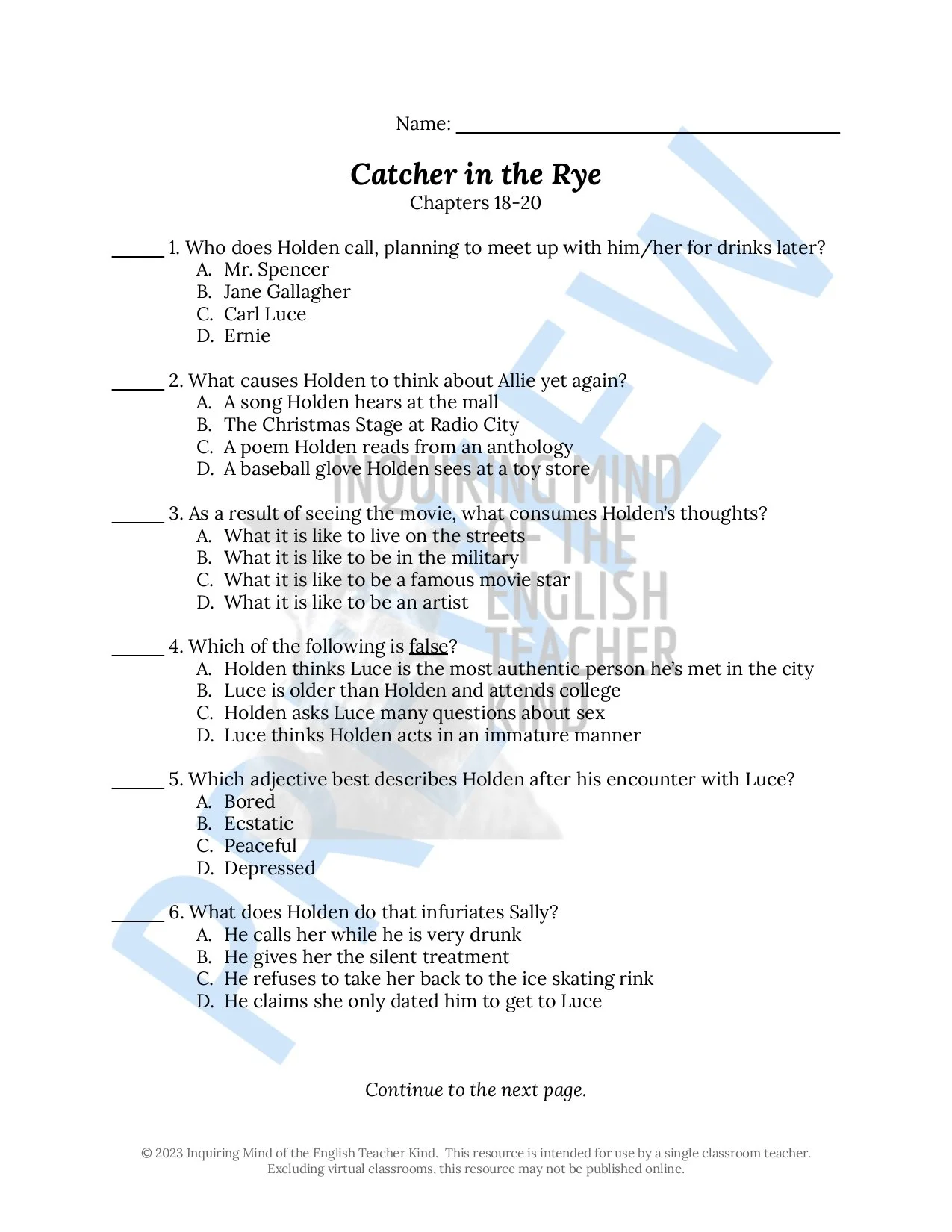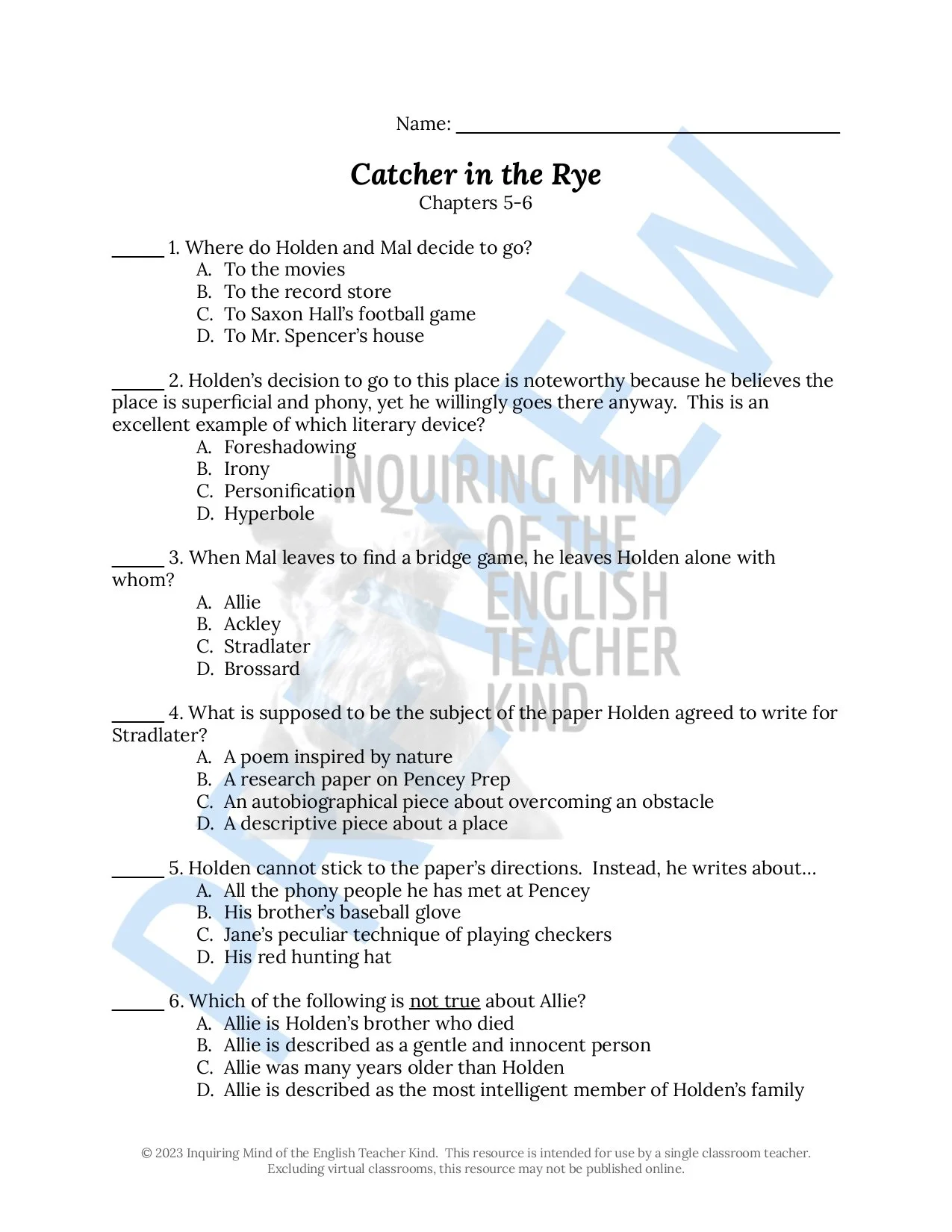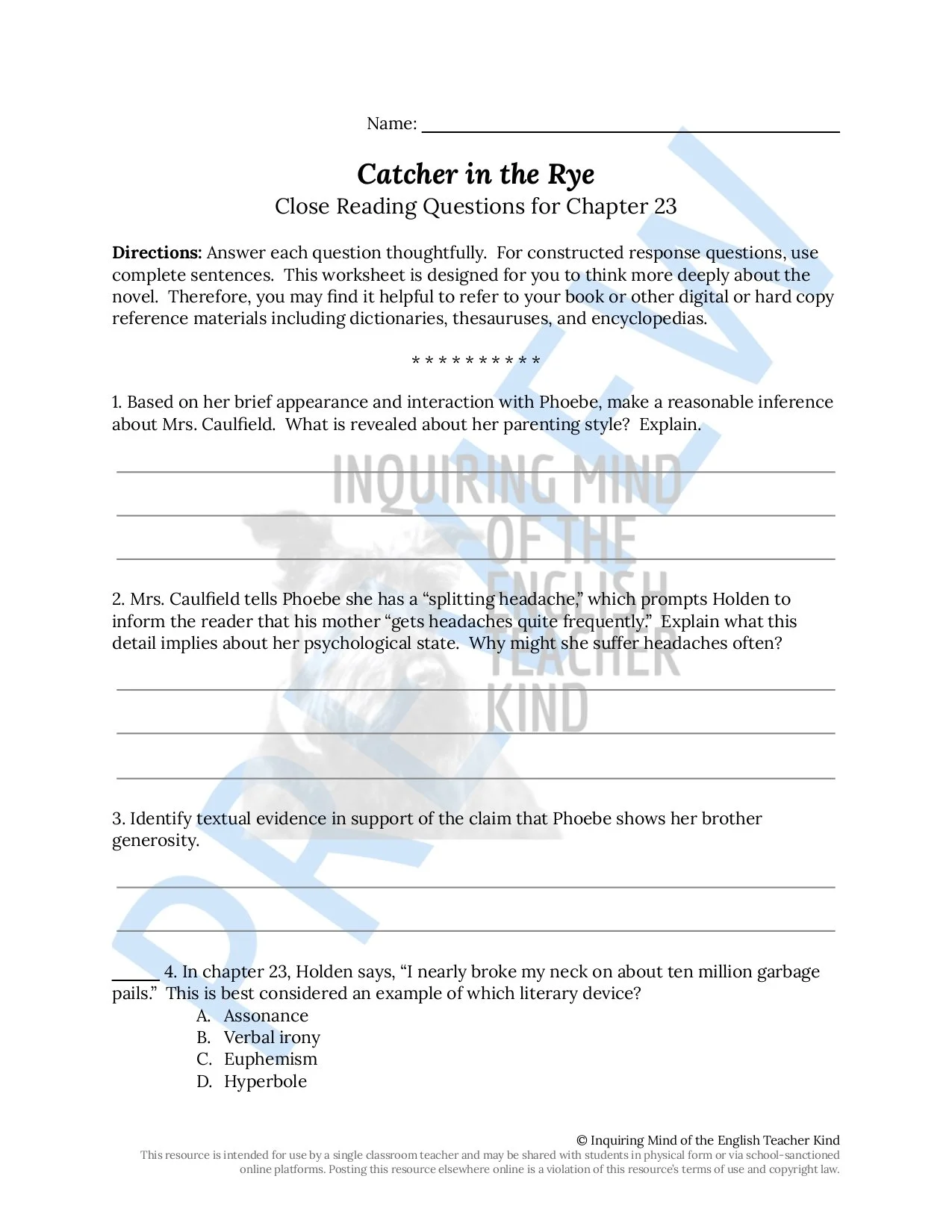 Image 1 of 79
Image 1 of 79

 Image 2 of 79
Image 2 of 79

 Image 3 of 79
Image 3 of 79

 Image 4 of 79
Image 4 of 79

 Image 5 of 79
Image 5 of 79

 Image 6 of 79
Image 6 of 79

 Image 7 of 79
Image 7 of 79

 Image 8 of 79
Image 8 of 79

 Image 9 of 79
Image 9 of 79

 Image 10 of 79
Image 10 of 79

 Image 11 of 79
Image 11 of 79

 Image 12 of 79
Image 12 of 79

 Image 13 of 79
Image 13 of 79

 Image 14 of 79
Image 14 of 79

 Image 15 of 79
Image 15 of 79

 Image 16 of 79
Image 16 of 79

 Image 17 of 79
Image 17 of 79

 Image 18 of 79
Image 18 of 79

 Image 19 of 79
Image 19 of 79

 Image 20 of 79
Image 20 of 79

 Image 21 of 79
Image 21 of 79

 Image 22 of 79
Image 22 of 79

 Image 23 of 79
Image 23 of 79

 Image 24 of 79
Image 24 of 79

 Image 25 of 79
Image 25 of 79

 Image 26 of 79
Image 26 of 79

 Image 27 of 79
Image 27 of 79

 Image 28 of 79
Image 28 of 79

 Image 29 of 79
Image 29 of 79

 Image 30 of 79
Image 30 of 79

 Image 31 of 79
Image 31 of 79

 Image 32 of 79
Image 32 of 79

 Image 33 of 79
Image 33 of 79

 Image 34 of 79
Image 34 of 79

 Image 35 of 79
Image 35 of 79

 Image 36 of 79
Image 36 of 79

 Image 37 of 79
Image 37 of 79

 Image 38 of 79
Image 38 of 79

 Image 39 of 79
Image 39 of 79

 Image 40 of 79
Image 40 of 79

 Image 41 of 79
Image 41 of 79

 Image 42 of 79
Image 42 of 79

 Image 43 of 79
Image 43 of 79

 Image 44 of 79
Image 44 of 79

 Image 45 of 79
Image 45 of 79

 Image 46 of 79
Image 46 of 79

 Image 47 of 79
Image 47 of 79

 Image 48 of 79
Image 48 of 79

 Image 49 of 79
Image 49 of 79

 Image 50 of 79
Image 50 of 79

 Image 51 of 79
Image 51 of 79

 Image 52 of 79
Image 52 of 79

 Image 53 of 79
Image 53 of 79

 Image 54 of 79
Image 54 of 79

 Image 55 of 79
Image 55 of 79

 Image 56 of 79
Image 56 of 79

 Image 57 of 79
Image 57 of 79

 Image 58 of 79
Image 58 of 79

 Image 59 of 79
Image 59 of 79

 Image 60 of 79
Image 60 of 79

 Image 61 of 79
Image 61 of 79

 Image 62 of 79
Image 62 of 79

 Image 63 of 79
Image 63 of 79

 Image 64 of 79
Image 64 of 79

 Image 65 of 79
Image 65 of 79

 Image 66 of 79
Image 66 of 79

 Image 67 of 79
Image 67 of 79

 Image 68 of 79
Image 68 of 79

 Image 69 of 79
Image 69 of 79

 Image 70 of 79
Image 70 of 79

 Image 71 of 79
Image 71 of 79

 Image 72 of 79
Image 72 of 79

 Image 73 of 79
Image 73 of 79

 Image 74 of 79
Image 74 of 79

 Image 75 of 79
Image 75 of 79

 Image 76 of 79
Image 76 of 79

 Image 77 of 79
Image 77 of 79

 Image 78 of 79
Image 78 of 79

 Image 79 of 79
Image 79 of 79
















































































Catcher in the Rye Close Reading Analysis Worksheets Bundle with Answer Keys
Challenge high school students to go beyond basic reading comprehension and practice critical thinking and literary craft analysis skills while navigating Catcher in the Rye by J. D. Salinger. Included are twenty-five close reading worksheets, each addressing a single chapter, and answer keys. Materials are delivered in editable Word Document and printable PDF formats. (Alternatively, a Google Drive bundle option is available.) By engaging with these materials, students will do the following:
Identify what the text states explicitly and implicitly
Define words and/or phrases in context
Verify interpretations of language using reference materials
Consider how the author's narrative techniques achieve specific effects
Explain the significance of given details
Describe tone in context
Discern the functions of given chapters
Examine how complex characters think, behave, interact, and develop
Identify examples of Holden's sarcasm and dark humor
Identify examples of Holden's awkward attempts to be accepted in the adult world
Compare and contrast characters in the book
Apply knowledge of literary devices including metaphor, simile, hyperbole, symbolism, idiom, slang, situational irony, dramatic irony, and verbal irony
Explore themes in context
Support claims and inferences with sound reasoning and relevant evidence
Write about fiction with clarity, accuracy, and precision
And more
These resources may facilitate small-group discussions in which students decode language and pose/respond to questions relating to plot, broad topics, and character development. Using these activities for structured guidance, students will improve their ability to present information, conclusions, and supporting textual evidence clearly and convincingly.
Materials are available for teaching a range of adolescent fiction:
Challenge high school students to go beyond basic reading comprehension and practice critical thinking and literary craft analysis skills while navigating Catcher in the Rye by J. D. Salinger. Included are twenty-five close reading worksheets, each addressing a single chapter, and answer keys. Materials are delivered in editable Word Document and printable PDF formats. (Alternatively, a Google Drive bundle option is available.) By engaging with these materials, students will do the following:
Identify what the text states explicitly and implicitly
Define words and/or phrases in context
Verify interpretations of language using reference materials
Consider how the author's narrative techniques achieve specific effects
Explain the significance of given details
Describe tone in context
Discern the functions of given chapters
Examine how complex characters think, behave, interact, and develop
Identify examples of Holden's sarcasm and dark humor
Identify examples of Holden's awkward attempts to be accepted in the adult world
Compare and contrast characters in the book
Apply knowledge of literary devices including metaphor, simile, hyperbole, symbolism, idiom, slang, situational irony, dramatic irony, and verbal irony
Explore themes in context
Support claims and inferences with sound reasoning and relevant evidence
Write about fiction with clarity, accuracy, and precision
And more
These resources may facilitate small-group discussions in which students decode language and pose/respond to questions relating to plot, broad topics, and character development. Using these activities for structured guidance, students will improve their ability to present information, conclusions, and supporting textual evidence clearly and convincingly.
Materials are available for teaching a range of adolescent fiction:

Preview this resource:
Support the development of close reading analysis skills for high school with this set of 25 rigorous activities covering Catcher in the Rye by J. D. Salinger. Answer keys are provided.

























































































































































